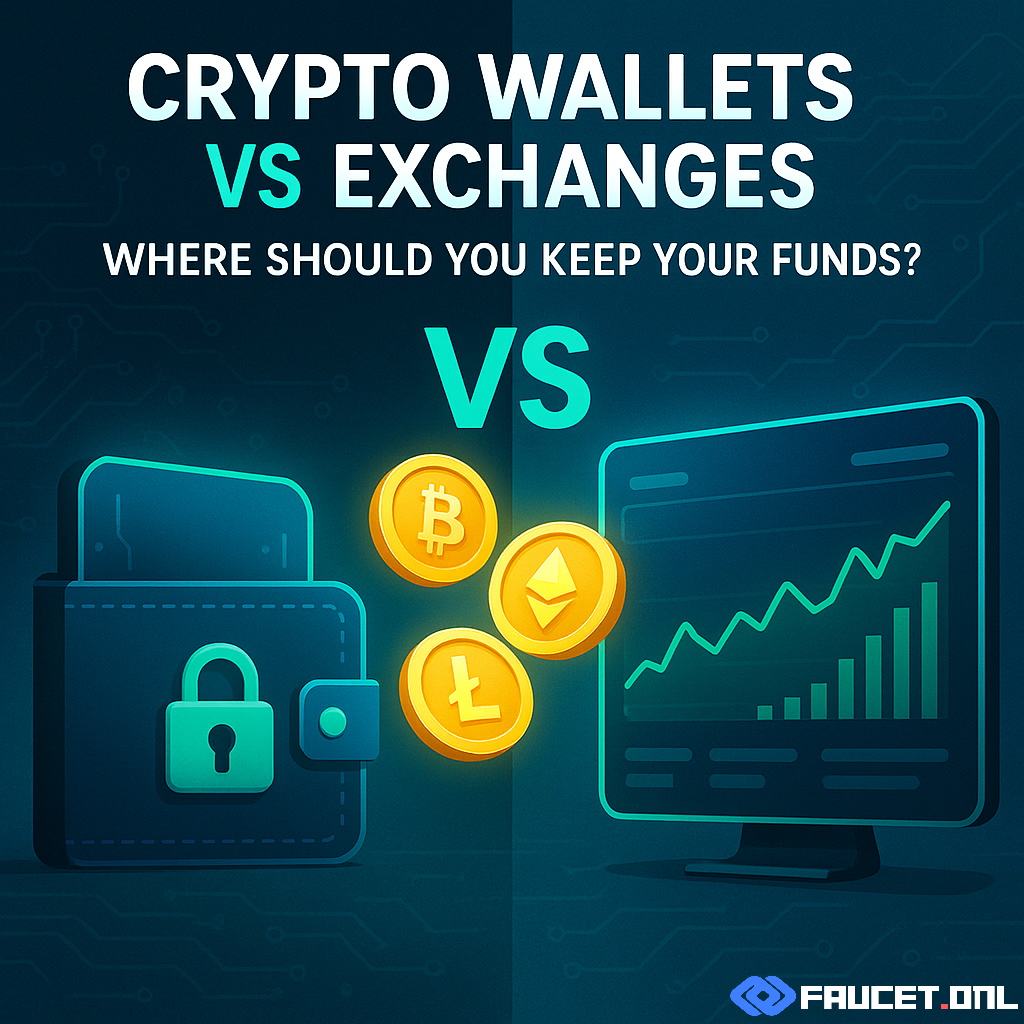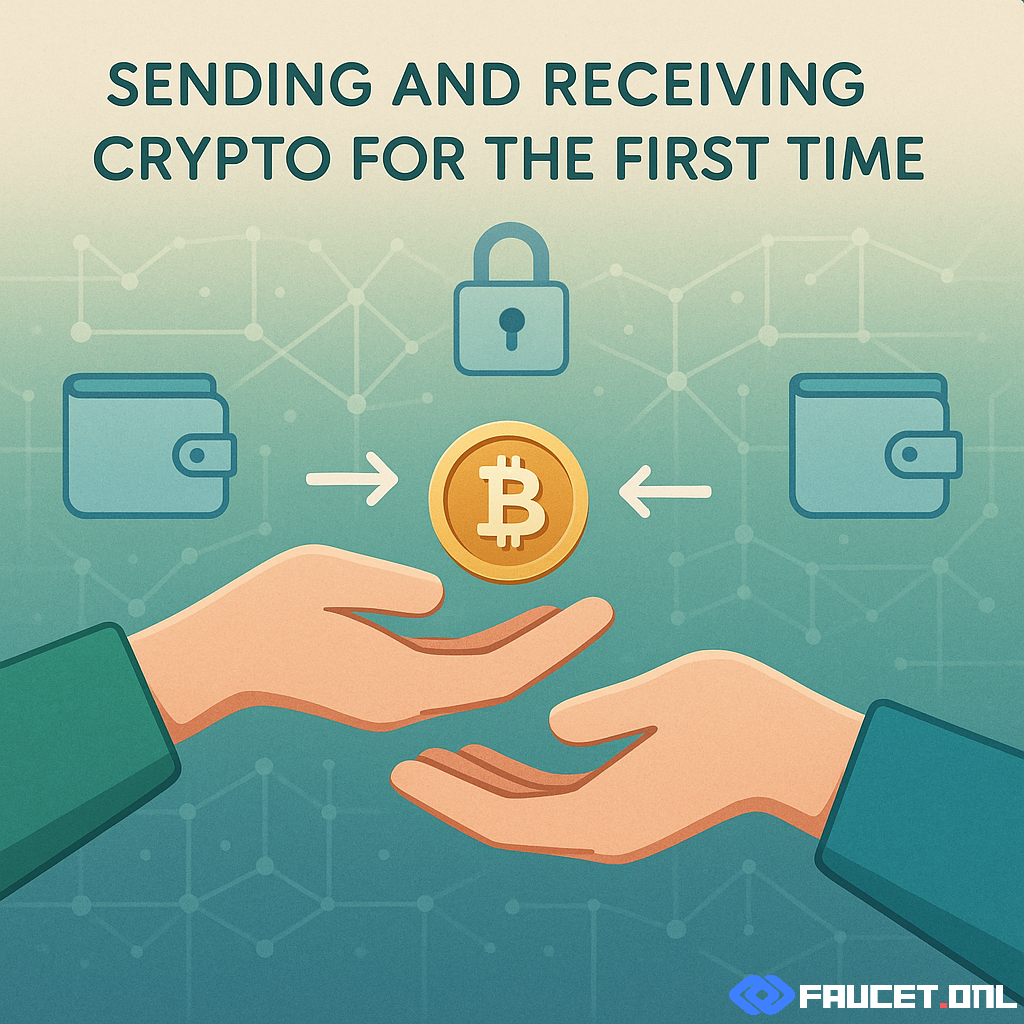Wallets vs. Exchanges: The Storage Showdown
As the world of cryptocurrency expands, one of the most crucial decisions you’ll face is where to keep your digital assets. Should you store your funds in a crypto wallet or leave them on an exchange? The answer isn’t always simple, but understanding the core differences will help you safeguard your investments.
A crypto wallet is a digital tool that stores your private keys, allowing you to access and manage your cryptocurrency securely. Wallets come in many forms: hardware, software, mobile, or even paper. In contrast, a crypto exchange is an online platform that lets you buy, sell, and trade cryptocurrencies. Many exchanges also provide wallet-like features, but crucially, they usually control the private keys, not you.
Pros and Cons: Evaluating Your Options
Crypto Wallets:
- Pros: Full control over your assets, enhanced security (especially with hardware wallets), offline options (cold storage), and resistance to exchange hacks or shutdowns.
- Cons: Requires personal responsibility for backup and security, potential loss if you misplace your private keys, less convenient for active trading, and learning curve for beginners.
Crypto Exchanges:
- Pros: Easy access to trading, user-friendly interfaces, instant transactions, and integrated asset management.
- Cons: Risk of hacks, platform insolvency, loss of assets if the exchange is compromised or closes, and lack of control over your private keys.
Choosing for You: Factors to Consider
Selecting the right storage method depends on your personal situation. If you trade frequently or need fast liquidity, keeping some assets on a reputable exchange can be practical. However, for long-term holders (“HODLers”), moving funds to a personal wallet—especially a hardware or cold wallet—significantly reduces risks.
Consider these questions:
- How often do you trade?
- How much are you storing?
- Can you securely manage backup phrases and private keys?
- How much trust do you place in an exchange’s security?
Safety Tips: Protecting Your Crypto
Regardless of your choice, following safety best practices is essential:
- Always enable two-factor authentication (2FA) on exchanges and wallets.
- Keep your wallet’s recovery phrase and private keys offline and backed up securely.
- Use reputable, well-reviewed exchanges and wallets—avoid obscure or unregulated platforms.
- Regularly update your software and firmware.
- Never share your private keys or recovery phrases with anyone.
- Be wary of phishing attempts and scams targeting crypto users.
FAQs: Answers to Common Storage Questions
Q: Is it safe to keep my crypto on an exchange?
A: For short-term use or trading, reputable exchanges can be safe, but never store large amounts long-term. Remember: “Not your keys, not your coins.”
Q: What happens if I lose my wallet’s recovery phrase?
A: Without your recovery phrase or private key, you cannot recover your funds. Backup is critical!
Q: Can I use both wallets and exchanges?
A: Yes! Many experienced users keep some funds on exchanges for convenience and the rest in personal wallets for safety.
Q: Are hardware wallets worth it?
A: Absolutely, for significant amounts. They’re among the safest ways to store crypto long-term.
Q: How do I spot a scam exchange or wallet?
A: Look for missing regulations, bad reviews, fake promises, or a lack of transparency. Always research before trusting your assets to any service.
Choosing the right crypto storage isn’t just about convenience—it’s a critical step in protecting your digital wealth. Stay informed, follow best practices, and update your strategy as the crypto landscape evolves.



